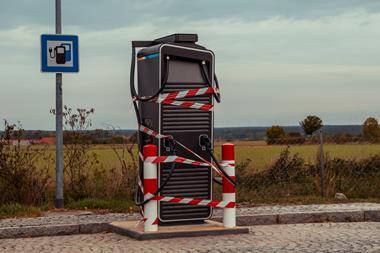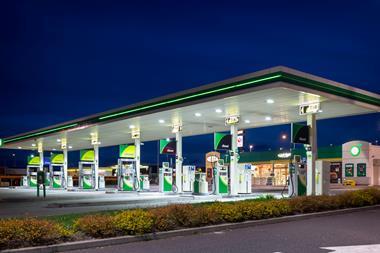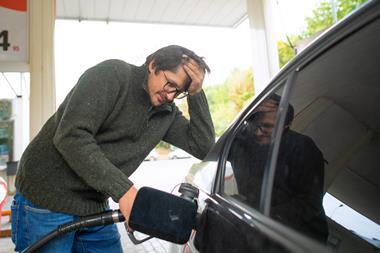The UK’s Liquefied Petroleum Gas trade association (UKLPG) is calling on the incoming air quality minister to support new research indicating that automotive LPG could play a significant role in the transport sector to 2050.
The report, commissioned by UKLPG from Millbrook Proving Ground, Millbrook Evidence Report: The Future of LPG and its Use as an Automotive Fuel over the Next 35 Years (February 2015), calls for greater recognition of the air quality benefits of automotive LPG.
Following the Supreme Court’s pre-election ruling that the government must produce a new air quality plan by the end of 2015, the incoming minister will need to set out a number of policies to ensure the UK reaches compliance with EU nitrogen dioxide limits. Ministers’ portfolios have not been finalised, but UKLPG is urging whichever minister takes on responsibility, to adopt a series of measures to improve air quality in the UK and meet its EU targets.
“As an incredibly versatile, plentiful and clean fuel, automotive LPG deserves far greater recognition for its air quality, low-carbon and cost effective benefits which we urge the new minister to recognise,” said Rob Shuttleworth, chief executive of UKLPG. “The research, backed by supporting evidence, clearly identifies the potential for a strong future for automotive LPG to 2050. We’re keen to work together with the automotive industry and policy makers to develop the future of low-carbon road transport in which automotive LPG plays a key role.”
Phillip Taylor, principal engineer, (powertrain integration, alternative propulsion, energy and CO2) at Millbrook Proving Ground, added: “Based on our comprehensive, independent review of the available evidence, it is clear that there is a role for automotive LPG through to 2050. The international emissions data is favourable to LPG, showing strong performance under well-to-wheel testing conditions.”

































No comments yet